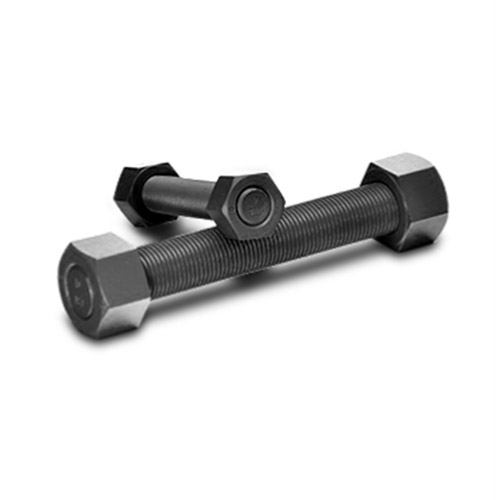Understanding Oil Fuel Lines and Their Importance in Engine Performance
Oct . 14, 2024 04:46 Back to list
Understanding Oil Fuel Lines and Their Importance in Engine Performance
Understanding Oil Fuel Lines Importance, Types, and Maintenance
Oil fuel lines are crucial components in various systems that utilize oil as a fuel source, such as heating systems, vehicles, and generators. These lines are responsible for transporting fuel from the tank to the engine or heating components, ensuring a steady and efficient flow. Understanding oil fuel lines, their types, and the importance of regular maintenance can help prevent issues that might result in costly repairs and safety hazards.
The Importance of Oil Fuel Lines
The primary function of oil fuel lines is to facilitate the movement of fuel from storage to where it is needed. In heating systems, for example, the oil fuel line connects the storage tank to the burner, playing a vital role in delivering fuel for combustion. In vehicles, the fuel line is equally essential, ensuring that the engine receives the necessary fuel for operation. Any disruption or leak in these lines can lead to reduced efficiency, increased emissions, and, in some cases, complete system failure.
Moreover, malfunctioning oil fuel lines can pose safety risks. Leaks can create fire hazards and environmental concerns, especially when oil seeps into the ground or water sources. Therefore, understanding the construction and maintenance of these lines is imperative for safe and efficient fuel utilization.
Types of Oil Fuel Lines
There are several types of oil fuel lines, each suited for different applications. The main types include
1. Flexible Fuel Lines These are often made from synthetic rubber or thermoplastic material, allowing for easy installation and flexibility in tight spaces. They are commonly used in residential heating systems and oil-burning appliances.
2. Rigid Fuel Lines Typically made of steel or copper, rigid lines are more durable and are often used in automotive applications where there is a need for higher pressure and temperature resistance.
3. Stainless Steel Fuel Lines Known for their corrosion resistance, these lines are ideal for applications where longevity and durability are desired, particularly in harsh environments.
oil fuel line

4. High-Pressure Fuel Lines Designed to handle the demands of high-pressure systems, these lines are crucial in diesel engines where fuel is injected at very high pressures.
Each type of fuel line has its own set of advantages and is selected based on the specific requirements of the system it serves.
Maintenance of Oil Fuel Lines
Regular maintenance of oil fuel lines is essential for ensuring efficient operation and longevity. Here are some critical maintenance tips
- Inspect for Leaks Periodic checks for leaks and signs of wear are crucial. Look for wet spots around connections and joints, which can indicate potential issues.
- Cleanliness Keeping the fuel lines and surrounding areas clean can prevent contamination of the fuel and reduce the risk of clogs or other issues.
- Regular Replacements Over time, fuel lines can deteriorate due to factors such as temperature fluctuations, chemical exposure, and general wear. Routinely replacing old or damaged lines is a proactive approach to avoid sudden failures.
- Professional Inspections Engaging professional services for regular inspections can provide peace of mind and ensure that any underlying issues are addressed promptly.
Conclusion
Oil fuel lines play a pivotal role in the functioning of various systems that rely on oil for energy. Understanding the importance of these lines, the different types available, and the need for regular maintenance can help users ensure their systems operate safely and efficiently. By taking proactive measures to care for oil fuel lines, individuals and businesses can avoid potentially hazardous situations and costly repairs, thereby maintaining smooth operation for years to come. Whether in a home heating system or a vehicle, the significance of well-maintained oil fuel lines cannot be overstated.
